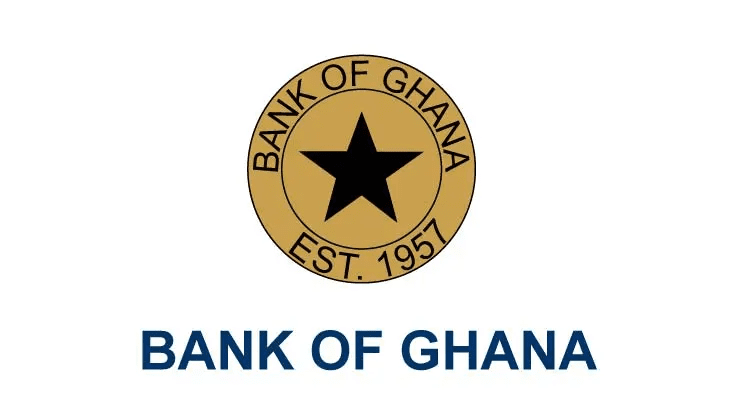Increase in Tourist Arrivals a Key Factor in Ghana’s Economic Growth – Bank of Ghana

The Bank of Ghana’s (BoG) Monetary Policy Committee (MPC) has reported positive trends in the country’s economy, indicating continued improvement in key economic activities. According to the committee, the indicators show a strong recovery in economic performance in Ghana, with high-frequency data reflecting an upward trajectory. The Real Composite Index of Economic Activity (CIEA) registered a growth of 2.2% in September 2024, a significant turnaround from the 0.4% contraction recorded in the same month of the previous year.
The MPC highlighted several major factors contributing to the improvement in economic conditions, including increased activity at the ports, a rise in the consumption of goods and services by both households and businesses, a surge in construction activities, increased private sector credit, and higher tourist arrivals. These factors collectively suggest that the Ghanaian economy is on a steady path to recovery after a period of challenges.
In response to these positive developments, the MPC decided to maintain the policy rate at 27%. The committee noted that although global economic conditions are largely favorable, there are still risks to the economy, particularly from the strength of the US economy, the continued strength of the US dollar, and the potential for rising global energy and food prices. These risks, stemming from issues such as trade protectionism, geopolitical tensions, and extreme weather events, will require careful monitoring to maintain stability in Ghana’s economy.
The MPC also emphasized that Ghana’s domestic macroeconomic conditions are stable, with the implementation of the International Monetary Fund’s (IMF) External Credit Facility (ECF) program progressing as scheduled. The third review of the IMF program had a positive outcome, with a staff-level agreement reached, and it is expected that the IMF Board will assess the program in December 2024. A successful review could lead to the release of an additional $360 million, which would provide further support for economic stability.
Regarding the performance of the Ghanaian currency, the committee noted that the cedi has recently shown signs of recovery. The MPC expects this rebound to continue as uncertainties surrounding the upcoming elections subside and as the BoG continues to strengthen the country’s foreign exchange reserves. The committee acknowledged that the election-related economic uncertainty, coupled with high demand for foreign currency, had caused some fluctuations in the exchange rate. However, with improved foreign exchange availability and the implementation of strong macroeconomic policies, the exchange rate is expected to realign with the country’s economic fundamentals.
The banking sector also remains resilient, with commercial banks having accumulated sufficient capital buffers to absorb the impact of external debt restructuring. According to the MPC, the impact from the Eurobond restructuring will be minimal, thanks to preemptive provisions made by the banks. As a result, the banking sector is expected to continue its stability and support economic growth in the coming months.
While inflation remains a challenge, the committee noted that it is projected to be slightly higher than initially forecast. The upward pressure on inflation is attributed to the volatility in food prices, the lingering effects of previous exchange rate pressures, and rising fuel and utility prices. Inflation is now projected to be 20.1% for the one-year ahead forecast, up from the previous estimate of 19.0%. As a result, the MPC has revised the timeline for bringing inflation back to the target range of 6-10% to the fourth quarter of 2025, rather than the previously expected third quarter of 2025.
Despite these inflationary pressures, the MPC is optimistic that a continued strengthening of the cedi will help stabilize prices in the near future. The committee’s decision to keep the policy rate unchanged at 27% reflects its strategy to support economic stability, foster growth, and tackle inflationary risks.
The MPC’s latest assessment of Ghana’s economic situation highlights a period of recovery, with increased economic activity and improved stability in various sectors. While the risks from global and domestic factors remain, the BoG’s prudent monetary policies and the ongoing support from the IMF are expected to bolster the economy in the months ahead. The committee’s careful management of the policy rate and monitoring of inflation suggests a clear focus on sustaining growth and addressing challenges that could impact long-term economic stability.




